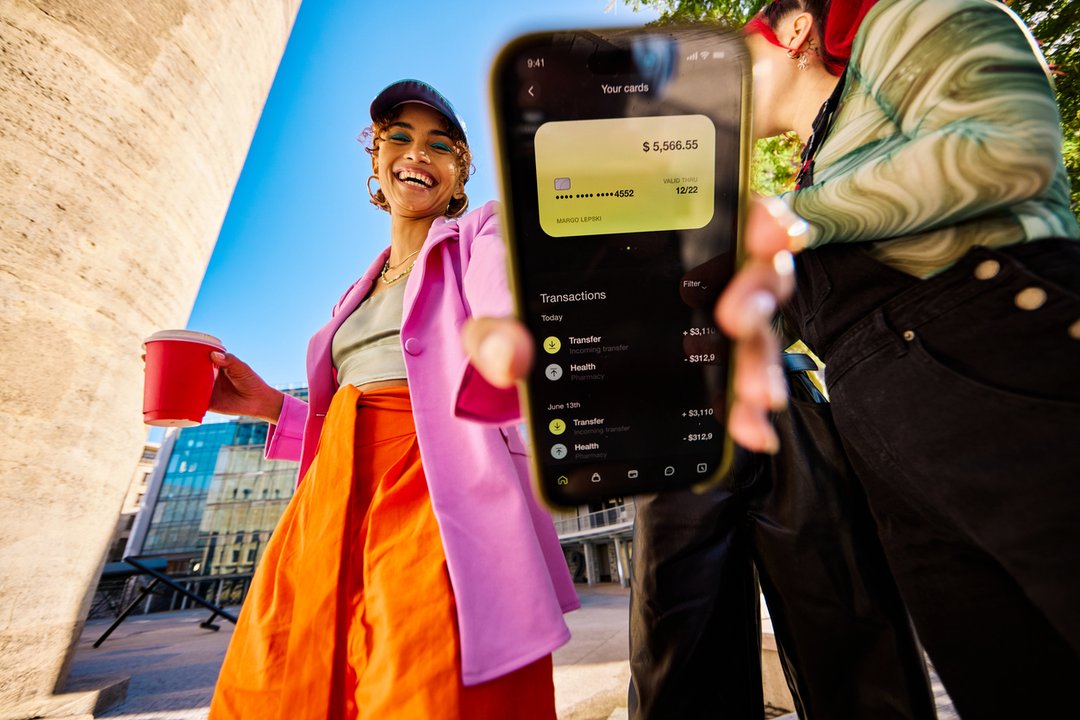
By Paul Andrews
June 17, 2024
About the author: Paul Andrews is managing director of research, advocacy, and standards, at CFA Institute.
In just 10 short years, America’s 70 million Gen Z-ers are expected to be the country’s biggest age cohort. Gen Z’s overall relationship to money and wealth is turning out to be very different from previous generations. Shaped by difficult experiences with Covid lockdowns and hammered by existential climate narratives, they’ve adopted short investment horizons, high risk tolerance, and a potentially problematic “FOMO” (fear of missing out) approach toward investing.
You might call it a form of generational financial PTSD, and the circumstances of our tech-soaked times could be combining to cause problems for companies seeking to capture Gen Z-ers as customers.

iStock-2155004370
Finance and investing have some real constants. Warren Buffett practices timeless principles people of his generation and the baby boomers after him learned from birth: Invest for the long term, stay highly informed about your investments via reputable sources, focus on quality, watch your downside, and constantly reinvest free cash flow to compound your returns.
However a recent survey conducted by CFA Institute found a very different mindset among Gen Z investors. Those attitudes were forged in the fire of the Covid lockdowns from 2020 to 2022. Today they are shooting through our financial system, creating pressures that could cause problems down the road.
Our survey found that Gen Z is comfortable taking substantially more financial risk than previous generations were. In fact, they believe it’s necessary, with fully half of them saying they were comfortable taking significant financial risks to achieve their wealth goals. They told us they thought taking those risks was necessary because they believe the economic conditions they face were more challenging than any time in history.
That doesn’t strike my boomer ear as historically correct, but the reality almost doesn’t matter. It’s their perception, and it’s shaping their behavior.
Gen Z also has a surprising degree of confidence in its financial knowledge. Almost half said they knew more about investments than their parents, and about a third said they were very or extremely confident in their ability to make financial decisions.
But at the time of the survey, Gen Z’s No. 1 investment product was crypto. You’d think perhaps the remarkable risk inherent in that asset class, combined with the significant valuation beating it took, would have dented the Gen Z financial mindset. But with crypto’s remarkable rebound, apparently little has changed.
The “FIRE” mindset—short for “financial independence, retire early”—is prevalent among Gen Z investors. It’s certainly an admirable goal, but they’re willing to take lots of financial risk to achieve it.
It appears, again, that the loss of freedom from the Covid era lockdowns—and perhaps the repeated cries of existential threats due to climate change, war, and political strife—has shaped a generation that now sees traditional market investments as less predictable and less trustworthy than previous generations did. The best laid plans can still run into a pandemic or climate catastrophe, as many apparently see it.
The downfall of traditional media sources and the rise of the Internet, social media, and “finfluencers” are also making these views more pronounced. Where books, magazines, and newspapers once provided a steady stream of well-vetted data and comprehensive markets coverage for investors, a very large proportion of Gen Z investors go to TikTok, Instagram, and YouTube for financial news. They carry little, if any ethical codes or standards.
Too many of the information sources Gen Z-ers turn to are openly paid for by third parties who induce influencers to share financial “advice.” That in turn may be creating a trust problem for the long-term health of the financial services industry.
For companies seeking to serve Gen Z investors, the paths ahead could carry substantial business risk. Gen Z-ers prefer transacting via the web to phone or face-to-face conversations with a broker, adviser, or wealth manager. There’s less chance for certified individuals to influence customers.
For an earlier generation of investors, a banker or broker would generally know the customer’s background, and they’d often have a fiduciary responsibility to them—duty of loyalty and care. These intermediaries would have regulatory responsibilities and be overseen by regulatory bodies that watch for signs of misconduct.
But apps don’t have duties of loyalty and care to investors.
What, if anything, should be done about it? Regulators may need to impose some kind of conduct standards on unregulated finance apps, and advertising masquerading as social media content may need better disclosure rules. Financial service companies need better customer education and communication, while acknowledging the reality that customers’ delivery preferences have changed. And the overall education system needs a hard look for ways to improve financial and media literacy.
There are no magic solutions for a time of high disruption and lowered trust. But a concerted effort by regulators, educators, financial services companies and investors themselves could help stave off further market distortions and future crises.
Guest commentaries like this one are written by authors outside the Barron’s newsroom. They reflect the perspective and opinions of the authors. Submit commentary proposals and other feedback to ideas@barrons.com.
This Barron's article was legally licensed by AdvisorStream.


